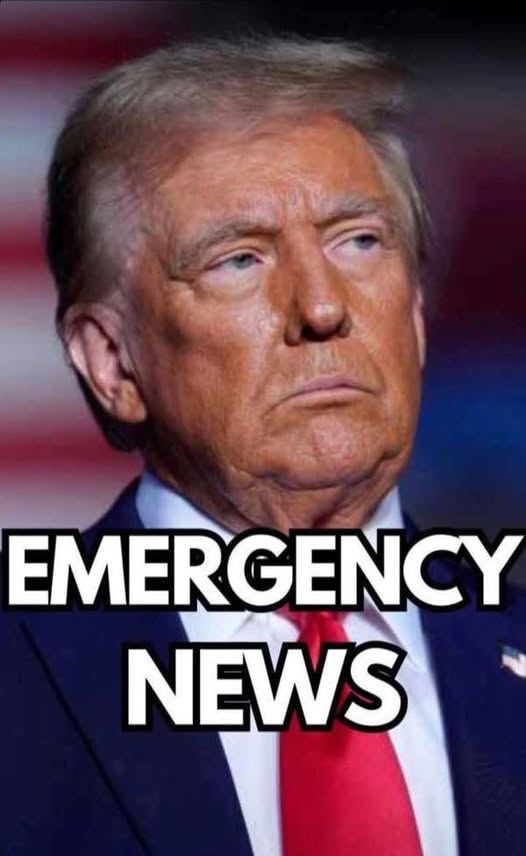
Trump’s Anti-Semitism Order Sparks Free Speech Concerns on U.S. Campuses
President Donald Trump’s latest executive order, intended to combat anti-Semitism, is drawing sharp criticism for threatening free speech and targeting international students. The directive allows for the deportation of international students who participate in protests labeled as “anti-Israel,” blurring the line between anti-Semitism and legitimate political dissent.
By linking pro-Palestinian activism to immigration penalties, the order creates a climate of fear and suppresses student-led protests. Critics argue this move undermines academic freedom and violates the First Amendment’s protections of free expression and peaceful assembly.
“This is not about fighting hate—it’s about punishing speech,” said a civil liberties advocate.
The policy risks further inflaming the Israeli-Palestinian debate and damages America’s image as a global defender of democratic rights. It may also discourage international scholars from studying or teaching in the U.S.
By equating anti-Israel sentiment with anti-Semitism, the order threatens open dialogue and sets a troubling precedent for using immigration law as a tool to suppress dissenting voices on college campuses.





